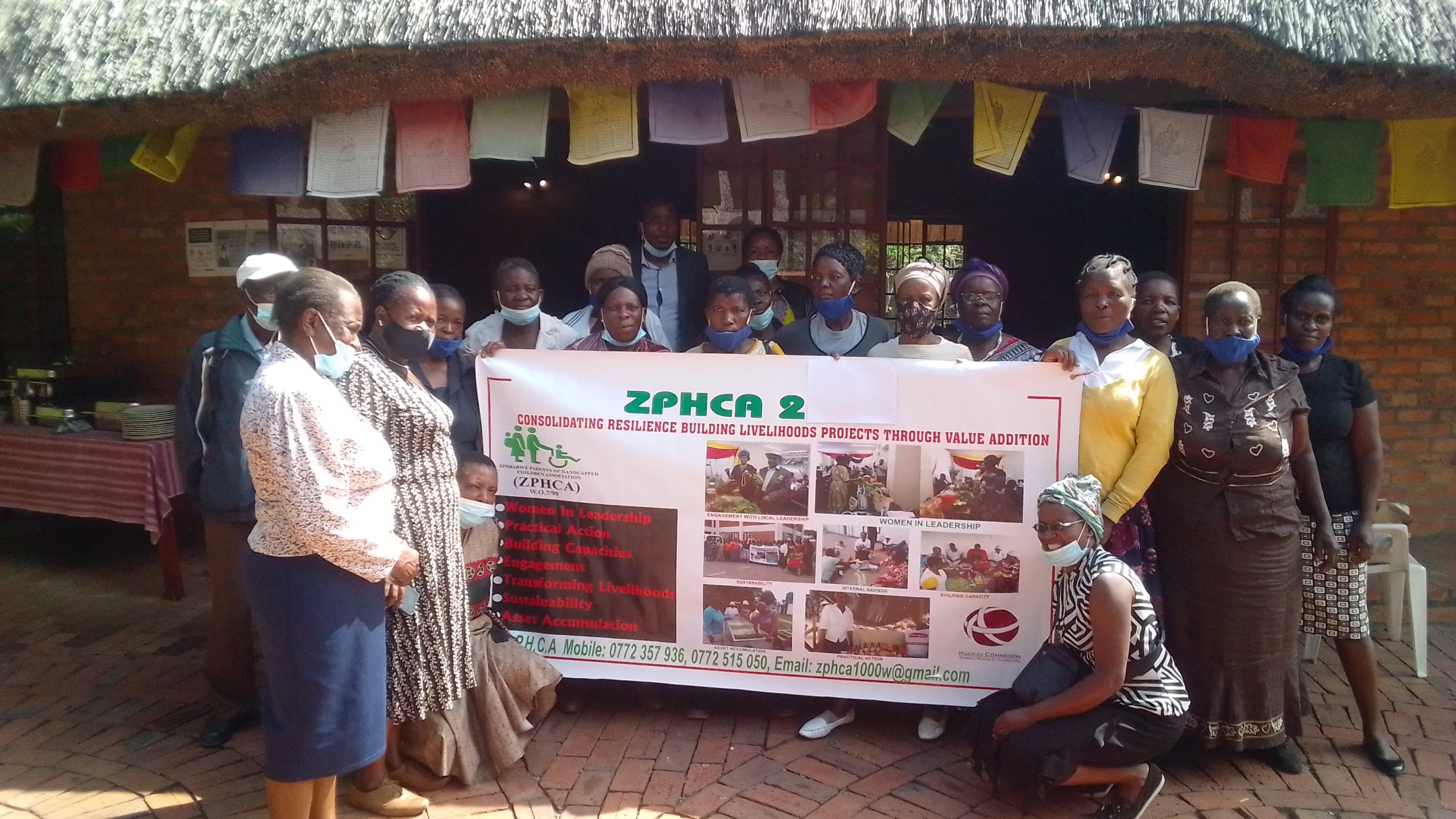|
Getting your Trinity Audio player ready…
|
By Joyce Mukucha
Worldwide, the impacts of climate change are becoming more and more devastating causing food insecurity, health challenges, heat waves, fires and disasters such as floods which as a result cause displacement and women are hardest hit.
Climate change marginalizes and increases vulnerabilities for women and girls because already, they are disproportionately affected due to their dual roles in producing food and managing household responsibilities, such as collecting increasingly scarce resources of water and firewood.
It is essential to recognize that women’s vulnerabilities are embedded in social, economic and political processes, and that the current gaps in development reinforce them.
In different parts of the world, policies and measures are being implimented with some grassroot communities making efforts to mitigate climate change.
In Zimbabwe, under its Grassroots Women-led Resilience Building Livelihoods Projects banner, the Zimbabwe Parents of the Handicapped Children Association (ZPHCA) is continuing to educate women to ensure that they improve their productivity, sustainability and profitability of their own smallholdings as well as encouraged wide adoption of practical, affordable and locally-relevant climate-smart techniques.
Speaking to Spiked Online Media during a resilience building stakeholders engagement meeting in Harare last week, ZPHCA coordinator Theresa Makwara said sustainable development processes, when properly implemented, however, can empower grassroots women to transform the living conditions of their families and communities, and enable them to reverse these vulnerabilities.
Wellington Madumira, the coordinator for Climate Action Network Zimbabwe who was the moderator during the engagement meeting said it was imperative to include grassroot women and make sure that their voices are amplified pertaining climate change issues.
Madumira said these women must be included and should be at the forefront when it comes to decision making and implimentation of climate change strategies and policies.
“It is important for Government, civil society organisations and other relevant stakeholders to include and support grassroots women so that their voices is amplified and heard at international climate change forums.
“These are the communities that should be supporting the implimentation of policies that are being crafted by government when it comes to climate change strategies and policies as well as renewable energy policies but sometimes they are not aware of the documents. So this meeting gave them an opportunity to share with them how they can really influence the outcome of those documents,” said Madumira.
The meeting was fruitful as it created an opportunity for participants to share resilience building success stories, stories of change, experiences and lessons learnt as as explored partnerships and networking opportunities between stakeholders implimenting women- centered resilience building livelihoods projects in Zimbabwe as well as developing sustainability plan for them.
“This meeting was really engaging as grassroots women-led organisations from different communities of Zimbabwe managed to discuss on what measures and best practices are they applying in addressing climate change and how are they coping with climate change.
“It also created an opportunity for these grassroots women to get insights on measures being implimented by government in different provinces to address climate change. They also shared their stories and lessons learnt in their different communities which will also guide us as CSOs to consider their views and opinions when developing our positions and in decision making processes,” Madumira added.
Sharing the best practices they are applying in trying to tackle climate change, grassroots women said they were practising inter-cropping and drip irrigation using waste plastic bottles and technologies that value indigenous traditions.
Ndipa Chinogurei of Seke said women’s knowledge, representation and collective action is a powerful resource that can enhance ecosystem conservation, promote the sustainable use of natural resources, and be used to develop more sustainable food, energy, water and health systems.
In her community, she said as women, they were doing water harvesting, sack gardening, food waste management, agroecology among other mitigation and adaptation measures to climate change.
“In our community as grassroots women’s groups, we are working hard to demonstrate our leadership by securing resources to address impacts associated with climare change and urgent development concerns. As a result of women-led initiatives, we are now leading effective action on climate change through sustainable agriculture in our communities,” she said.
Through the engaging training, another woman, Irene Maseche said she learnt a lot on climate change mitigation adaptation measures highlighting that she was going to impart knowledge to other grassroots women in her community and ensure that they become champions of sustainable agriculture.
Explaining on sustainable and climate-smart techniques being practised by women in her community, Maseche said,”We also do inter-cropping, crop and business diversification and effective use of irrigation as well as food preservation techniques, clean cook stove construction and waste management, this help us to tackle effects of climate change.”
Other participants stressed the need to have more of engagement meetings which empower them to take the lead in strengthening local food systems, nutritional security and resilience against climate shocks, as well as enabling them to improve their incomes.
After having a plethora of conversations with ZPCHA members, this publication learnt that practices and innovations developed by rural grassroots women are helping build resilience to disaster and climate change, both of which are inextricably linked to advancing development priorities.
